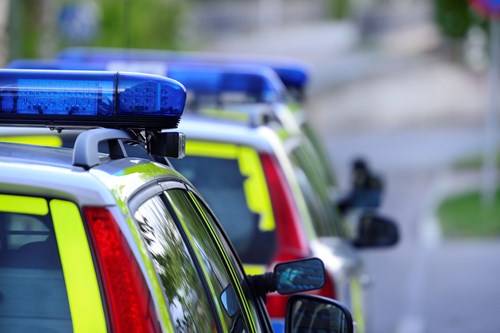Brexit puts brakes on new police driver legislation
11 December 2018

Discussions over new legislation to better protect police drivers have been stalled until March next year due to Brexit negotiations.
Senior government backbencher Sir Henry Bellingham, Conservative MP for North West Norfolk, put forward his Emergency Response Drivers (Protections) Bill on behalf of the Police Federation of England and Wales last month.
It was due to have its second reading on 23 November, but Parliament ran out of time to discuss it, after Sir Christopher Chope raised an objection.
The Bill, which proposes increased exemptions for the emergency services from civil liability or criminal prosecution, has been put on the back burner due to Brexit negotiations, the Police Federation of England and Wales has been told.
PFEW Pursuits Lead Tim Rogers, who has been campaigning to change the law for more than seven years, told PoliceOracle.Com: “Roads policing officers are highly trained professionals who go to work and carry out these manoeuvres every day but that isn’t recognised in law.
“It’s just stupid. Even the IOPC came out and said officers shouldn’t be compared to the careful and competent drivers standard.”
Mr Rogers said he hopes the bill will gain Royal Assent by 2019 or 2020 and that Policing Minister Nick Hurd had given personal assurances that he remained committed to the issue - and will soon issue a ministerial statement confirming this is the case.
Meanwhile, PFEW National Chair John Apter, has been meeting with the Police Minister about the issue, that it remains firmly on the agenda, and that there are reasons to be optimistic.
Mr Apter said: “I previously wrote to the Minister to express my concern at the apparent lack of gravitas they are giving this important matter, and the reality that our colleagues are at risk on a daily basis for simply doing what they have been trained to do.”
As the law stands police response drives are illegal and officers run the risk of being charged for dangerous or careless driving. This is because the common standard of a ‘careful and competent driver’ applies equally to the emergency services as it does an ordinary member of the public who is not trained in advanced driving techniques and police tactics.














